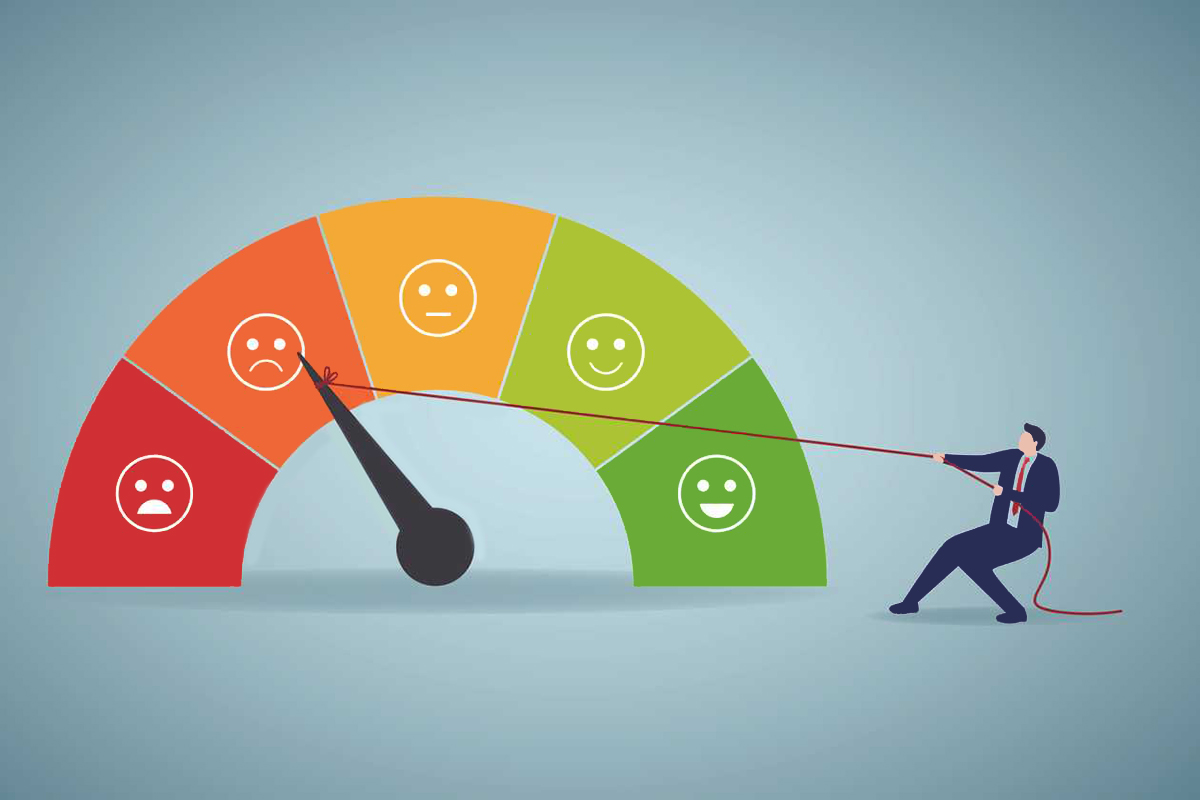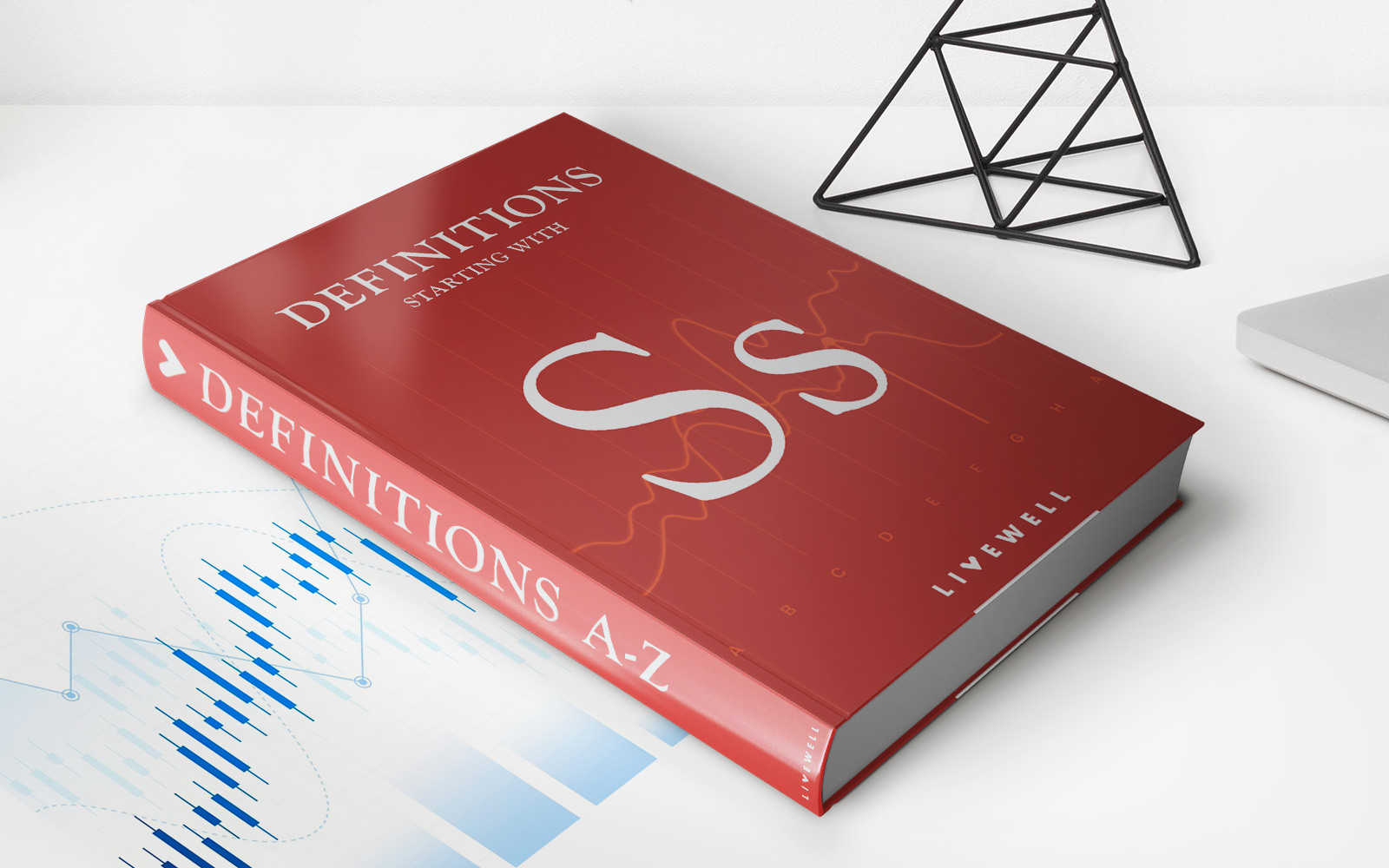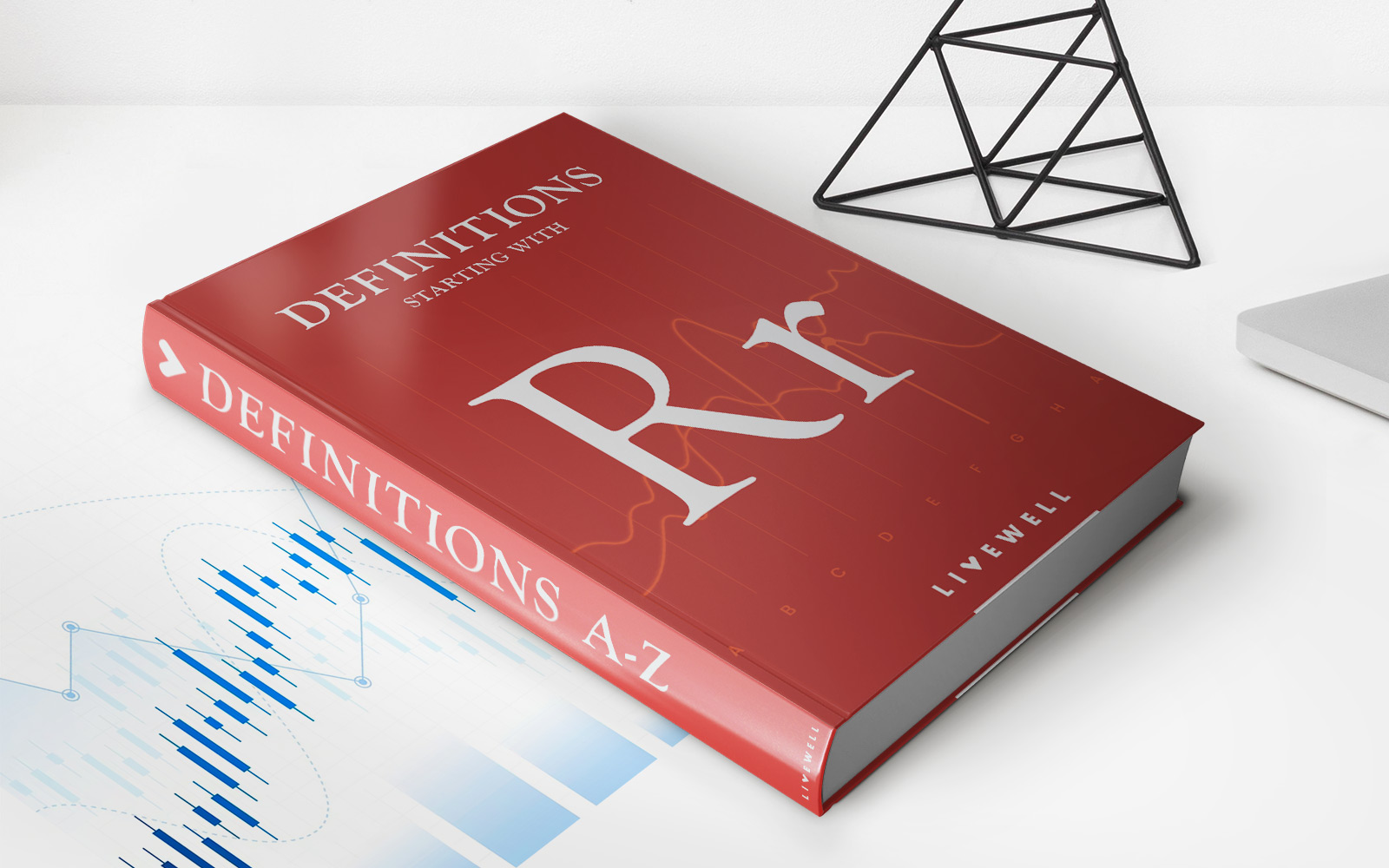Home>Finance>How Long To Recover From High Credit Utilization


Finance
How Long To Recover From High Credit Utilization
Published: March 6, 2024
Learn how to recover from high credit utilization and improve your financial health. Get expert tips on managing your finances effectively.
(Many of the links in this article redirect to a specific reviewed product. Your purchase of these products through affiliate links helps to generate commission for LiveWell, at no extra cost. Learn more)
Table of Contents
- Understanding the Impact of High Credit Utilization on Your Financial Health
- Unpacking the Impact of Utilizing a High Percentage of Your Available Credit
- Understanding the Variables Influencing the Duration of Credit Utilization Recovery
- Proactive Strategies to Accelerate the Recovery Process from High Credit Utilization
- Empowering Financial Recovery Through Informed Strategies
Introduction
Understanding the Impact of High Credit Utilization on Your Financial Health
Welcome to the world of credit utilization, where the balance between the amount of credit you’re using and the total credit available to you can significantly impact your financial well-being. When you carry high credit card balances, it can affect your credit score and overall financial stability. In this article, we’ll delve into the effects of high credit utilization and explore the factors influencing the time it takes to recover from this situation. By understanding these concepts, you can take proactive steps to improve your financial standing and minimize the impact of high credit utilization.
High credit utilization occurs when you use a large portion of your available credit, typically over 30% of your total credit limit. This can signal to lenders that you may be financially strained and pose a higher risk. As a result, it can lower your credit score, making it more challenging to secure favorable loan terms or new lines of credit. Understanding the implications of high credit utilization is crucial for anyone seeking to maintain a healthy financial profile and access to various financial opportunities.
Understanding High Credit Utilization
Unpacking the Impact of Utilizing a High Percentage of Your Available Credit
High credit utilization refers to the scenario where you’re using a large portion of your available credit limit, and this can have far-reaching implications for your financial health. When your credit card balances are consistently high, it can signal financial distress to potential lenders, impacting your credit score and overall financial well-being. The utilization rate is a key factor in determining your creditworthiness, and understanding its impact is essential for making informed financial decisions.
When you carry high credit card balances, it not only affects your credit score but also increases the amount of interest you pay, potentially leading to a cycle of debt. Moreover, it can limit your ability to access new credit or favorable loan terms, hindering your financial flexibility. By comprehending the consequences of high credit utilization, you can take proactive measures to mitigate its impact and work towards improving your financial standing.
It’s important to note that credit utilization applies not only to individual credit cards but also to your overall credit portfolio. Even if you maintain low balances on most of your cards, a single card with high utilization can still negatively impact your credit score. This underscores the significance of managing your credit utilization across all accounts to maintain a favorable credit profile.
Factors Affecting Recovery Time
Understanding the Variables Influencing the Duration of Credit Utilization Recovery
Recovering from high credit utilization is influenced by several factors that can impact the duration of the process. By recognizing these variables, individuals can gain insights into the expected timeline for regaining financial stability and taking proactive steps to expedite the recovery process.
Credit Utilization Ratio: The extent of credit utilization directly affects the recovery time. Higher utilization rates typically lead to a more prolonged recovery period, as they have a more pronounced impact on credit scores and financial health.
Payment History: Consistent, timely payments can expedite the recovery process. By demonstrating responsible payment behavior, individuals can gradually improve their credit scores and financial standing, thereby shortening the time required to recover from high credit utilization.
Credit Mix: The diversity of credit accounts, such as credit cards, mortgages, and installment loans, can influence recovery time. A well-managed mix of credit types can positively impact credit scores and accelerate the recovery process.
Financial Discipline: Sound financial habits, including prudent budgeting, responsible borrowing, and effective debt management, play a pivotal role in determining the duration of credit utilization recovery. Individuals with disciplined financial practices are likely to experience a swifter recovery compared to those with erratic financial behaviors.
Credit Limit Increases: Requesting and obtaining credit limit increases can potentially shorten the recovery period, as they reduce the credit utilization ratio. However, this approach necessitates responsible credit utilization to avoid exacerbating the situation.
Negative Items on Credit Report: Pre-existing negative items, such as missed payments or collection accounts, can prolong the recovery process. Addressing and resolving these issues can expedite credit score improvement and overall recovery from high credit utilization.
External Factors: Economic conditions, market trends, and regulatory changes can indirectly influence the time required to recover from high credit utilization. Adapting to these external factors and maintaining financial resilience can mitigate their impact on the recovery process.
By considering these factors, individuals can gain a comprehensive understanding of the variables affecting credit utilization recovery time and make informed decisions to expedite the process.
Tips for Speeding Up Recovery
Proactive Strategies to Accelerate the Recovery Process from High Credit Utilization
Recovering from high credit utilization requires proactive measures and disciplined financial management. By implementing the following strategies, individuals can expedite the recovery process and improve their overall financial well-being.
- Reduce Credit Card Balances: Prioritize paying down credit card balances to lower the credit utilization ratio. Allocating additional funds towards high-balance cards can yield significant improvements in credit scores and shorten the recovery period.
- Monitor Credit Utilization: Regularly monitor credit card balances and utilization rates to ensure they remain within optimal limits. By proactively managing credit utilization, individuals can prevent the accumulation of high balances and mitigate their impact on credit scores.
- Establish Automatic Payments: Setting up automatic payments for credit card bills can help ensure timely payments, thereby enhancing credit score recovery. Consistent, on-time payments are instrumental in expediting the improvement of credit scores.
- Seek Credit Limit Increases: Requesting credit limit increases, especially for cards with low balances, can effectively lower the credit utilization ratio. However, it’s essential to exercise responsible spending habits to avoid accruing additional debt.
- Diversify Credit Mix: Consider diversifying the credit portfolio by responsibly managing different types of credit accounts, such as installment loans or lines of credit. A well-maintained credit mix can positively impact credit scores and expedite recovery.
- Address Negative Items: Take proactive steps to address any negative items on the credit report, such as errors or delinquent accounts. Resolving these issues can contribute to accelerated credit score improvement and shorten the recovery timeline.
- Financial Planning and Budgeting: Engage in meticulous financial planning and budgeting to effectively manage expenses and prioritize debt repayment. By adhering to a structured financial plan, individuals can expedite the reduction of credit card balances and enhance credit utilization recovery.
- Utilize Available Resources: Leverage financial management tools, credit monitoring services, and educational resources to gain insights into effective credit utilization management and expedite the recovery process.
By incorporating these proactive strategies into their financial practices, individuals can expedite the recovery from high credit utilization, improve their credit scores, and foster long-term financial stability.
Conclusion
Empowering Financial Recovery Through Informed Strategies
High credit utilization can exert a significant impact on an individual’s financial health, influencing credit scores, borrowing capabilities, and overall financial well-being. By understanding the nuances of credit utilization and its implications, individuals can navigate the path to recovery with informed strategies and proactive financial management.
Factors such as credit utilization ratio, payment history, credit mix, and financial discipline play pivotal roles in shaping the duration of the recovery process. Moreover, proactive measures, including reducing credit card balances, monitoring credit utilization, and diversifying the credit mix, can expedite the improvement of credit scores and overall financial recovery.
It is essential for individuals to embrace responsible financial practices, such as budgeting, timely payments, and strategic credit utilization, to accelerate the recovery process and fortify their financial resilience. By leveraging available resources, addressing negative items on credit reports, and seeking credit limit increases judiciously, individuals can actively contribute to the expedited recovery from high credit utilization.
Through a combination of diligence, financial acumen, and strategic planning, individuals can mitigate the impact of high credit utilization and embark on a journey towards enhanced financial stability and improved creditworthiness. By implementing the outlined strategies and maintaining a steadfast commitment to sound financial practices, individuals can expedite the recovery process, bolster their credit scores, and foster enduring financial well-being.
As individuals navigate the realm of credit utilization recovery, arming themselves with knowledge and proactive strategies can pave the way for a swifter and more robust financial resurgence, ultimately empowering them to achieve their long-term financial goals and aspirations.














